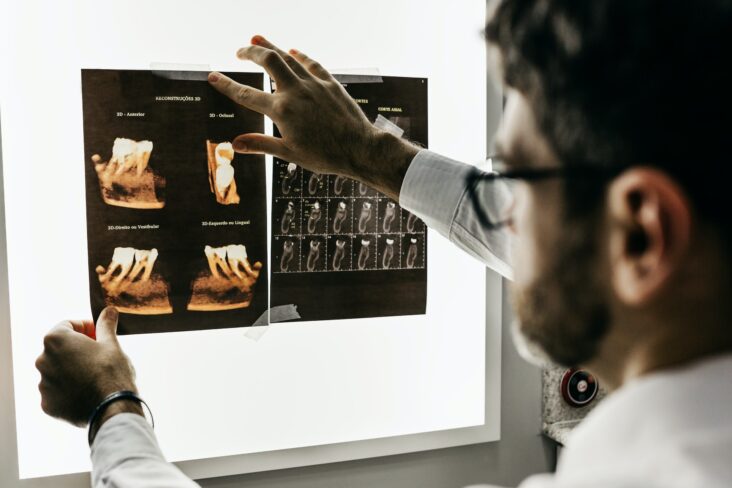Are you experiencing pain in your back molars? Do you have a hard time chewing food? Are your gums swollen or bleeding? If you answered yes to any of these questions, then you may need your wisdom teeth removed.
Wisdom teeth are the third and final set of molars that most people get in their late teens or early twenties. For some people, these teeth come in without any problems. But for others, they can cause a lot of pain and discomfort.
If your wisdom teeth are starting to come in and you’re experiencing any of the following symptoms, then it’s time to see a dentist:
Breaking Down the Signs You Need Wisdom Tooth Removal
Sign #1: You Don’t Have Any Space Left for the Wisdom Teeth to Grow
One of the most common signs that you may need wisdom tooth removal is if you don’t have any space left for the wisdom teeth to grow. The wisdom teeth are the last teeth to come in, and they typically erupt between the ages of 17 and 25.
If you don’t have enough space in the back of your mouth anymore, your wisdom teeth may become impacted. This means that they can’t erupt through the gum line and may become trapped beneath the gum tissue or bone. Impacted wisdom teeth can cause pain, infection, and damage to the surrounding teeth.
Sign #2: You Have Pain or Discomfort When Eating
If your wisdom teeth are causing you pain or discomfort when you eat, it’s a sign that they may need to be removed. Wisdom teeth can cause a lot of problems if they’re not in alignment with the rest of your teeth.
Wisdom teeth can crowd your other teeth, making it difficult to eat or brush your teeth properly. They can also cause your teeth to become misaligned, which can lead to more serious dental problems down the road.
Sign #3: You Have Swelling or Redness in Your Mouth
If you have swelling or redness in your mouth, it could be a sign of infection. Impacted wisdom teeth can cause the gum tissue around them to become irritated and inflamed. This can lead to pain, swelling, and redness. If the infection is left untreated, it can spread to other teeth and even to other parts of your body.
Sign #4: You Have a Bad Taste in Your Mouth
If you have a bad taste in your mouth, it could be a sign of infection. When wisdom teeth become impacted, they can trap food and bacteria in the gum tissue around them. This can lead to an infection, which can cause leave a bad taste in your mouth and also lead to bad breath.
Sign #5: Cyst Growth in the Wisdom Tooth Area
One of the final signs that you may need wisdom tooth removal is the growth of a cyst in the wisdom tooth area. A cyst is a sac-like pocket of tissue that can become filled with fluid or other material. While cysts can form in many different parts of the body, they can be particularly problematic when they form around wisdom teeth.
Cysts that form around wisdom teeth are called dentigerous cysts. These cysts can damage the surrounding teeth and bone, and if left untreated, they can lead to serious health problems. If you notice a cyst in the wisdom tooth area, it’s important to see your dentist immediately to determine if wisdom tooth removal is necessary.
The Bottom Line: Don’t Wait to Address Your Wisdom Teeth Problems
As we age, our wisdom teeth often become problematic. They can crowd our mouths, causing pain and discomfort. They can also become impacted, meaning they cannot fully erupt through the gums. Impacted wisdom teeth can lead to infections, damage to other teeth, and other serious problems.
If you are experiencing any pain or discomfort in your mouth, it’s vital to see a dentist as soon as possible. They will be able to assess your situation and recommend the best course of action.
Are you looking for a dentist in Watertown? If so, you have come to the right place! Here at Watertown Dentistry, we are proud to offer a wide range of dental services to our patients.
Whether you need a routine cleaning or a more complex procedure, we are here to help. We look forward to meeting you and providing you with the quality dental care you deserve.

